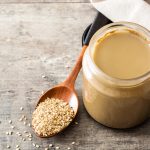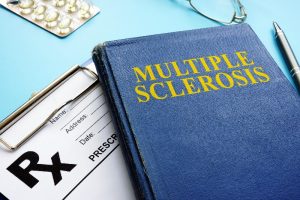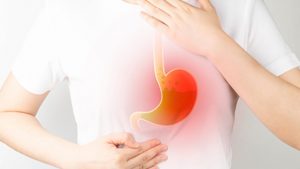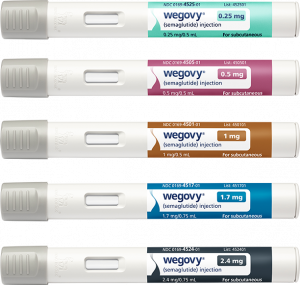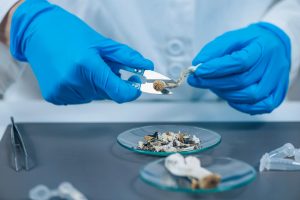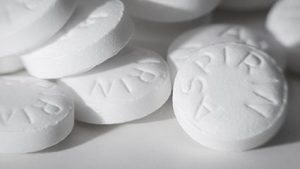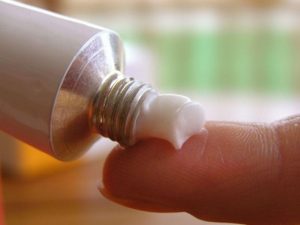
Keeping allergies and asthma in check in the new year is a resolution worth keeping. With 2023 dawning, the American College of Allergy, Asthma and Immunology offers some suggestions for keeping symptoms under control all year long. “More than 50 million people in the U.S. suffer from allergic conditions,” said allergist Dr. Kathleen May, president of the ACAAI. “That’s a lot of Americans who need to be mindful of staying healthy to keep symptoms under control,” May added in a college news release. “Taking a few moments before the new year begins to consider how you’ll keep yourself on top of sneezing and wheezing in 2023 is well worth your investment of time. It’s a valuable way to get your year off to a great start.” At the top of the ACAAI tip list: Eat right to avoid food allergens. If you have a food allergy, you already know to steer clear of problem foods. You should also always carry two epinephrine auto injectors with you and make sure they are up to date. Also, encourage teens and college kids to educate their friends about food allergies, making them allies in safety from anaphylaxis. Make an appointment to see your allergist if the pandemic has caused you to stay away. Keep medications current and pay attention to whether your prescriptions are working for your symptoms.… read on > read on >

















